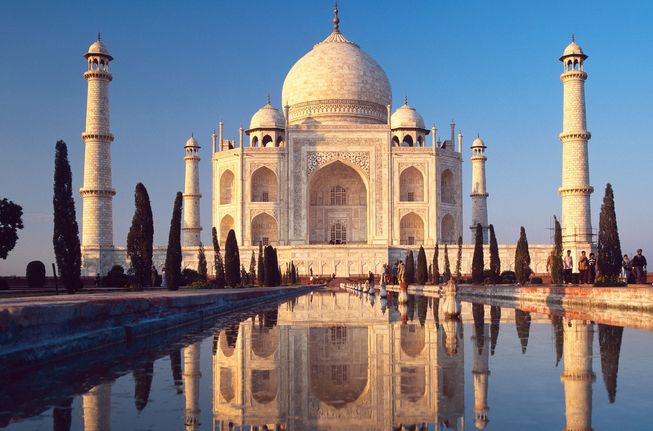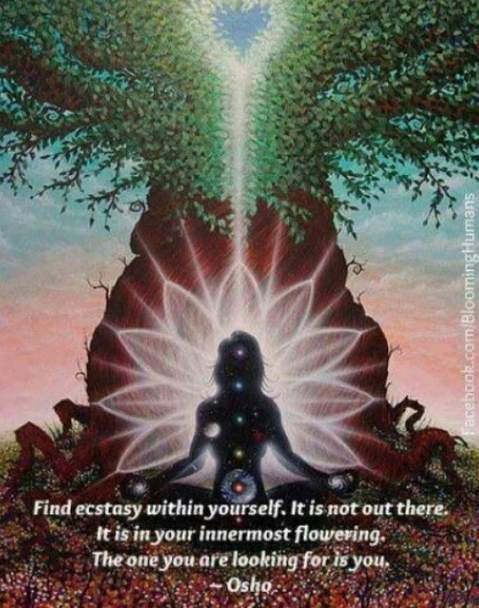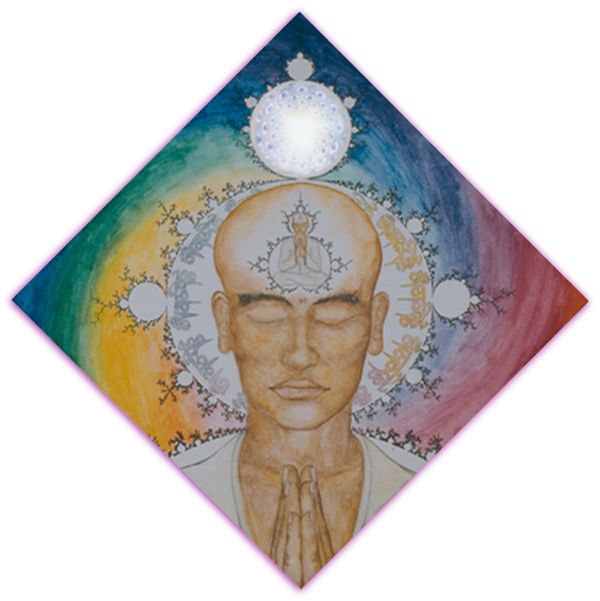Tag Archives: DigDeeper

Why Travel?
We have touched on this topic a lot on Lucid Practice. In my opinion, this opinion-based judgement never gets old.
Tynan, gives his response on “What’s the point of traveling.“
I began really traveling due to panic, which may not have been the best reason to go. I had always thought of myself as the type of person who would travel the world, but at twenty-six, I had gone to only a handful of countries, and had never even been to Europe. Realizing that other people my age were traveling a lot, and I wasn’t, I sold everything and left with my friend Todd.
That first trip lasted nine months and fundamentally changed how I thought of travel. I set out in search of adventure and the title of “person who travels”, but I got a lot more out of it.
When you stay in your home country, it’s easy to completely avoid thinking of life beyond its borders. The way things were in America, I figured, was pretty much the way they were everywhere. Typical vacation travel also reinforces this view, because it hides the grit of every destination and serves up a sanitized version that largely reflects the country from which the vacationers came. In the worst cases, only a small injection of caricatured culture makes its way through the walls of the resort.
Real travel exposes the traveler to the details of life that compose the atmosphere of that country. Through that experience, one can begin to understand what life is actually like for the residents. You learn not only how they think and act differently, but why.
To see life from these different perspectives is to see the world in three dimensions. A contrast is provided against how you’ve always thought about and done things, which gives you the opportunity to examine those things.
Read more — Travel
1 Simple Question You Have to Ask Yourself to Attain Self-Realization
In the early 20th century, an enlightened Indian sage named Ramana Maharshi lived at the base of a mountain thought to be the incarnation of Lord Shiva himself.
Ramana’s radiance attracted many disciples, including westerners like Sumerset Maugham. When his disciples asked how to attain Self-realization, Ramana directed them to meditate on a single question:
Who am I?
Follow the maxim to “Know Yourself,” he said, and it will lead to enlightenment.
I’ve spent years pondering this question. At first, I entertained the hope that the “big reward” was waiting for me after just a few more hours of meditation. The deeper I pursued it, however, the more I realized that I could not really say who I was. I couldn’t find any solid, unshakable core of “I-ness,” since everything I thought was ‘me,’ from habits to memories to my body, changes over time.
It took me awhile to realize that being stuck was not a sign of failure. Quite the contrary: finding something definitive to hold on to would have indicated that my analysis hadn’t been exhaustive. Had I thought, “I’ve done it, I’ve found my self,” Ramana might have asked, who exactly is this self who knows? Ramana’s method is a process of negation after negation, cutting through everything you think you know about who you are.
In a similar vein, Zen instructs us, “Do not seek enlightenment, just stop cherishing illusions.”
That’s it. See reality for what it is instead of what you think it is. The trouble is that we often don’t even realize our illusions as illusions. Nowhere is this truer than with the thought that ‘I’ is a solid, substantial, independent entity. I’ve seen first hand how failing to question this presupposition leads to suffering.
Meditation: What’s the first thing that comes to your mind when someone asks you who you are?
Read more of Daniel Goldsmith’s piece at High Existence — Here.
Image via Google Commons

